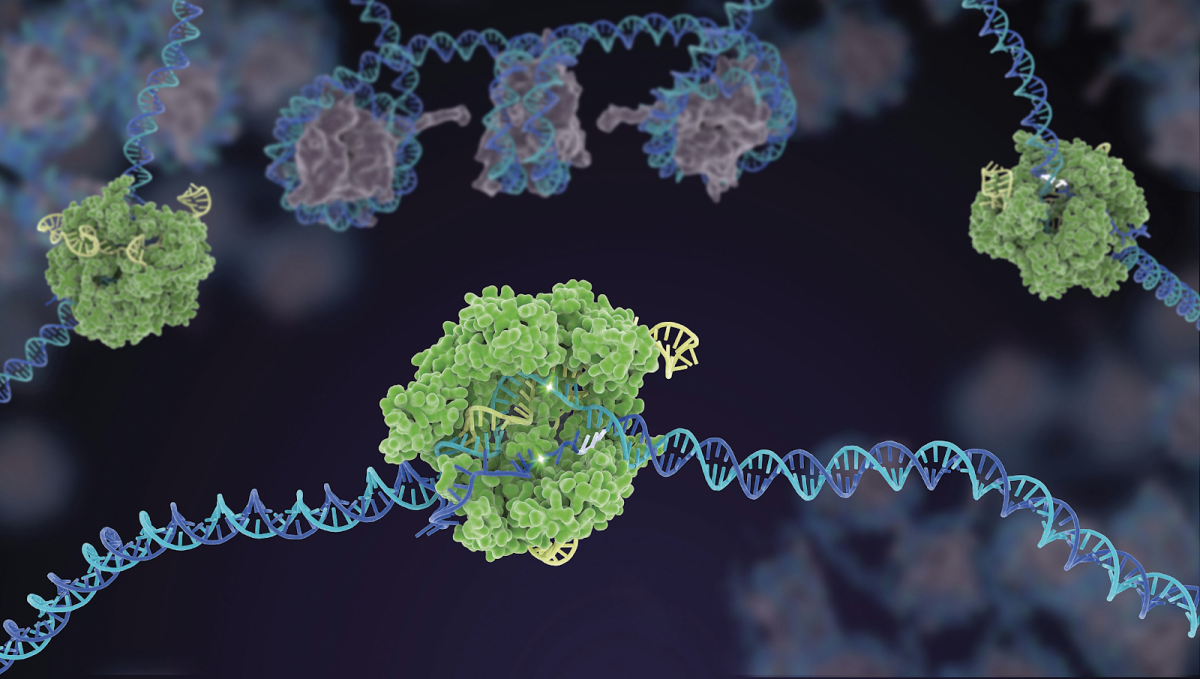Given the rise of new medical innovations and technology, advocating for fundamental human principles is more imperative than ever before. Bioethics is an emerging and rapidly growing field within healthcare that addresses medical controversies from a moral standpoint. This field offers a holistic approach to researching contemporary medical issues by combining several fields of study including medicine, law and philosophy.
Scenarios that involve CRISPR-Cas9 (a genome editing tool), organ transplantation, surrogacy, euthanasia (medically assisted suicide) and malpractice all pose major legal and ethical concerns that must be addressed before they impact more individuals.
In many of these situations, new medical innovations are meant to benefit patients. Namely, CRISPR-Cas9 has the potential to become one of the greatest medical technologies for treating genetic diseases and overall enhancing human health. However, there is immense uncertainty surrounding the viability of this procedure as well as obtaining informed consent for such treatment options. The technology could introduce unintended changes in the genome at places other than the target location. This raises several concerns – what circumstances these technologies are to be used, how to test the readiness of these technologies and so much more.
“Some ethical considerations regarding CRISPR-Cas9 question the effect it has on human safety,” sophomore Sahithi Rajuladevi stated. “It (CRISPR-Cas9) may not have been tested adequately enough. There may be risks that arise unexpectedly.”
Bioethicists play a pivotal role in these disputable circumstances. They accomplish this by advocating for comprehensive risk assessment and screening protocols to manage potential harm caused by gene editing technologies.
Similarly, organ transplantation is another procedure that presents several moral challenges. The allocation of scarce organs sparks uncertainties relating to the fairness and equality of distribution. Bioethicists and members of a medical board take several factors into consideration when deciding how organs must be distributed.
“Oftentimes, there is a medical board that may decide who to donate an organ to,” Rajuladevi said. “There are many different factors to consider that may or may not be ethical. They might consider the person’s involvement with the community as well as civil obedience along with urgency.”
In addition to the basic ethical and moral obligations of a national healthcare association or system, a country has its own set of guidelines and rules pertaining to how it may deal with modern-day healthcare scenarios. These laws and regulations may vary even within state and local levels of government. One of these issues is surrogacy (the legal agreement for a woman to carry and give birth to a biological child of different parents).
Surrogacy is only legal in a select few countries including parts of the United States, Argentina, Ukraine, Colombia and Georgia. Surrogacy is banned in most countries due to cultural factors that shape ethical and legal concerns on the subject. These concerns include the possible exploitation of surrogate mothers and the physical and mental well-being of the child. This argument truly comes down to how far one should be allowed to go to experience motherhood.
Amidst the wide scope of this field, moral considerations can range from analyzing a medical negligence case in the operating room to studying the impact Elon Musk’s Neuralink may pose. As new medical technologies and practices spread worldwide, it is the responsibility of bioethicists to confront ethical dilemmas and create a safe future for healthcare.















